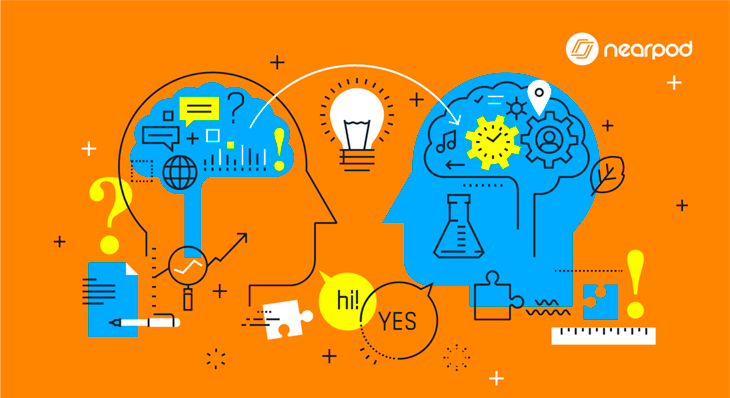Table of contents
No headings in the article.
CONTENT:
INTRODUCTION
HEALTH CARE ADVANCEMENTS
BRAIN COMPUTER INTERFACE (BRI)
COGNITIVE ENHANCEMENT
PERSONALIZED LEARNING
EMOTIONAL INTELLIGENCE AND WELL- BEING
ETHICAL CONSIDERATION
CONCLUSION
INTRODUCTION:
The human brain, often consider the most complex organ in the known universe, has long been a subject of fascination and exploration. Its the epicenter of human consciousness, responsible for our thought, emotion, and actions. As we delve deeper into understanding the intricacies of this remarkable organ, we are unlocking new possibilities for the future of human development. In this article, we will explore how the brain could shape the future of human development in various domains, from health care to technology, education, and beyond.
HEALTH CARE ADVANCEMENTS:

The brain plays a pivotal role in health care, and breakthroughs in neuroscience are transforming the way we diagnose and treat neurological disorders. Advance imaging techniques like functional MRI and PET scans allows us to map brain activity with unprecedented details aiding in the early detection and treatment of condition like Alzheimer, Parkinson's and epilepsy. as our understanding of the brain improves, we can expect more precise and effective treatments, potentially even curing some of these debilitating diseases.
BRAIN COMPUTER INTERFACE (BCIs):

one of the most exciting frontiers in technology is the development of brain computer interface (BCLs). these devices facilitate direct communication between the brain and external devices, opening up a world of possibilities for individuals with disabilities. BCLs can help regain mobility, control prosthetic limbs, or even communicate via thought alone. As this technology advance, we can envision a future where BCLs become a mainstream tool, enhancing human capabilities beyond what we currently imagine.
COGNITIVE ENHANCEMENT:

As we uncover the brain's potential, the concept of cognitive enhancement gain traction, through neuropharmacology and neuro stimulation techniques like transcranial magnetic stimulation (TMS) we may be able to boost memory, learning and problem solving abilities. While ethical concerns exist, responsible use of these technologies could empower individuals to reach their intellectual and professional field.
PERSONALIZED LEARNING:

Understanding the brain's unique wiring has implications for education. personalized learning, tailored to an individual's cognitive strength and weaknesses, can optimize the educational experience. By leveraging neuroscience data, educators can create optimize curricula, adapt teaching methods , and address learning disabilities more effectively. This approach holds the promise of maximizing human potentials and reducing educational disparities.
EMOTIONAL INTELLIGENCE AND WELL- BEING:

The brain's role in shaping emotions and mental well- being is another area ripe for exploration. Advance in psychology and neuroscience enable us to develop strategies and intervention to improve emotional intelligence, manage stress, and enhance overall mental health. This development could lead to a society with greater emotional resilience and well-being.
ETHICAL CONSIDERATIONS:

While the potential for brain-driven advancement is exciting, it raises rather ethical questions. issues such as privacy, consent, and the potential for misuse must be carefully addressed. Additionally, concerns about inequality and access to these innovations must be considered to ensure that the brain-related technology benefit all humanity.
CONCLUSION:
The future of human development is intimately tied to our understanding of the brain. With continued research and ethical considerations, the brain could lead us into a world where healthcare is more precise , technology is seamlessly integrated into our lives, education is personalized, and emotional well-being is enhanced. As we unlock the mysteries of this remarkable organ, the possibilities for shaping a brighter future for humanity are limitless. The brain, with its boundless potential, may well be the key to unlocking the next chapter in human development.
